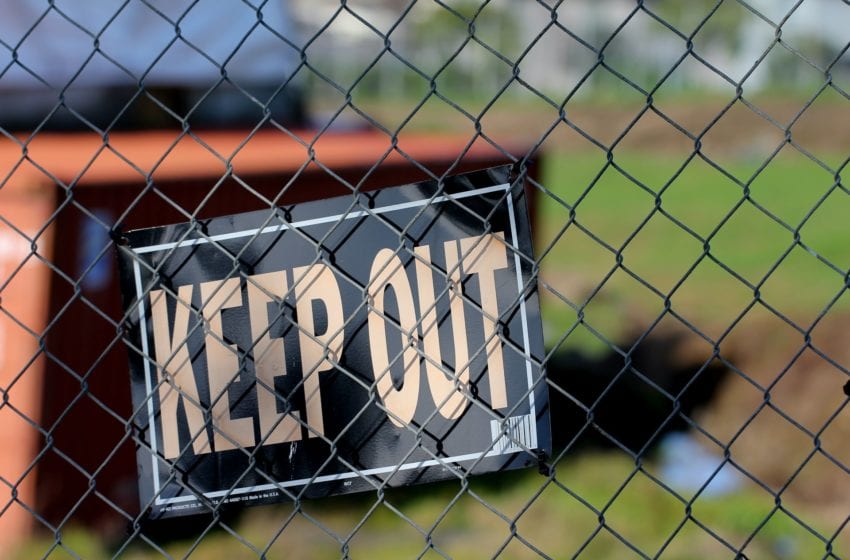Charlie’s Holdings, Inc., parent to the Charlie’s Chalk Dust and Pacha Mama brands, announced that it has closed a $3 million capital raise through the private sale of 351,669,883 shares of common stock to the company’s founders, Brandon Stump, CEO, and Ryan Stump, COO, according to a press release. The company intends to use the proceeds from the offering to drive substantial future growth, facilitate new product launches, increase working capital, retire outstanding debt, and for other general corporate purposes.
The company intends to use the proceeds from the offering to drive substantial future growth, facilitate new product launches, increase working capital, retire outstanding debt, and for other general corporate purposes.
“The extensive process required to compile and submit a comprehensive premarket tobacco product application (PMTA) to the FDA will ultimately prove a huge differentiating factor for Charlie’s; but it was also very expensive. Charlie’s invested nearly $5 million for its initial PMTA submission and the company was in need of additional capital,” explained Jeff Fox, a member of Charlie’s board of directors. “After lengthy negotiations with numerous other potential investors did not produce acceptable terms, we are pleased that our founders, Brandon and Ryan Stump, chose to personally fund this $3 million common stock only investment. This financing does not include warrants or any other inducements. It will provide Charlie’s with sufficient proceeds to meet all of the Company’s current financial obligations and to drive substantial future growth opportunities.”
David Allen, CFO said the proceeds from the private placement will strengthen the company’s balance sheet, accelerate European growth, allow for expansion into the Middle East, and facilitate the company reaching several important near-term milestones, including the FDA’s anticipated announcement of Charlie’s successful PMTA.
“Such an accomplishment will allow Charlie’s to benefit tremendously as one of only a select group of companies operating responsibly in the premium e-liquid product space,” said Allen. “Combined with our international growth, a domestic PMTA approval will dramatically increase Charlie’s sales, profits, and market share. We expect 2021 will be a very exciting year for our shareholders.”







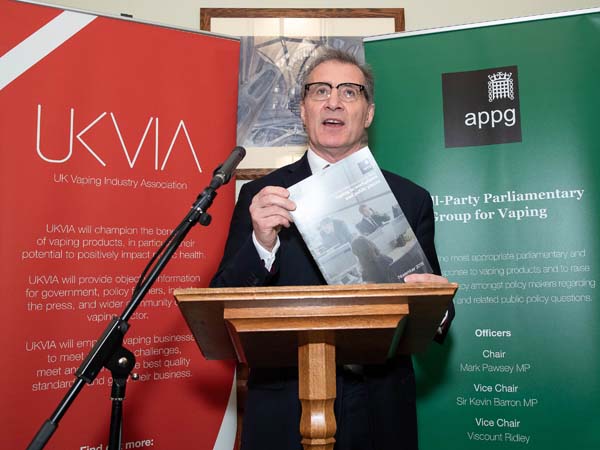

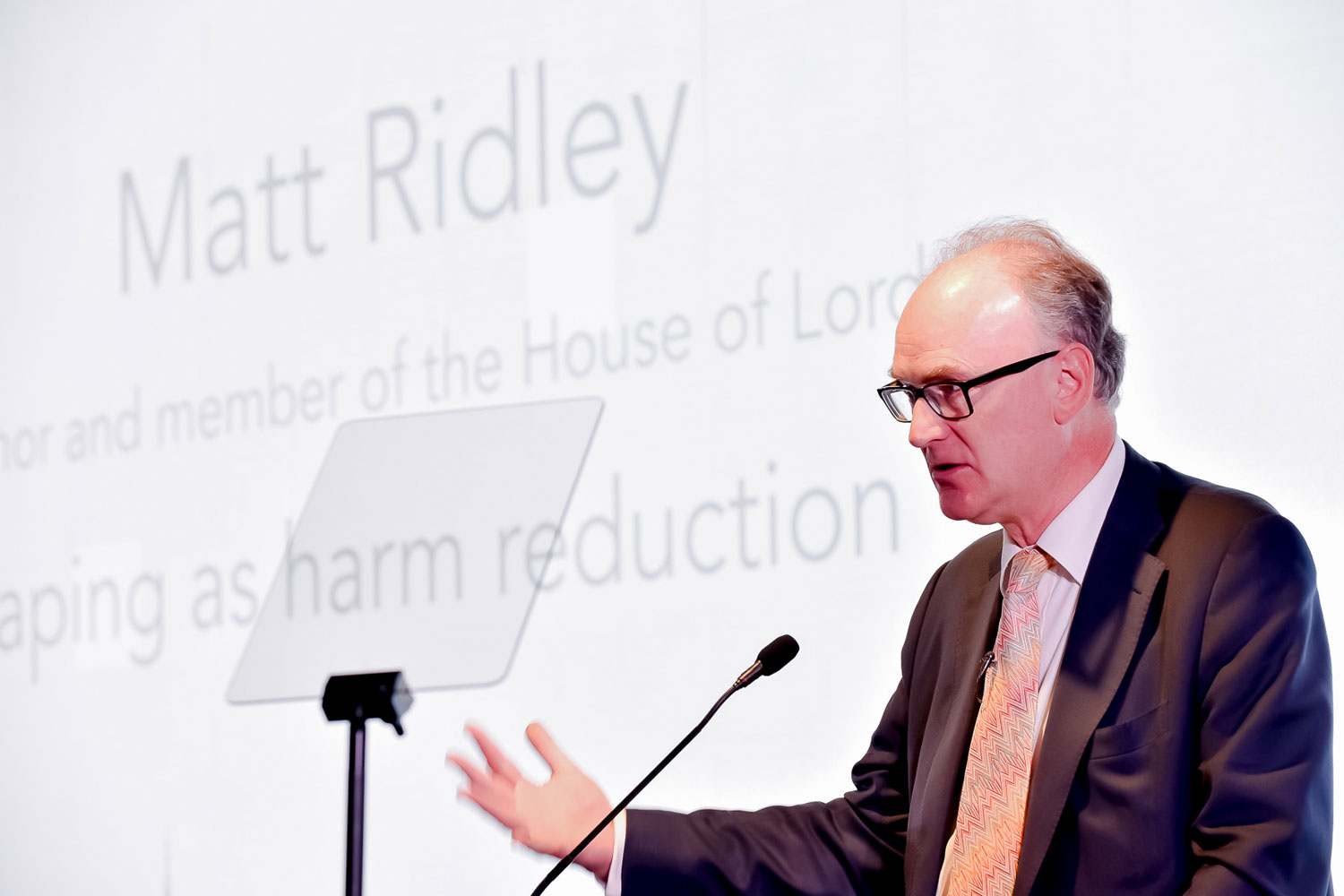
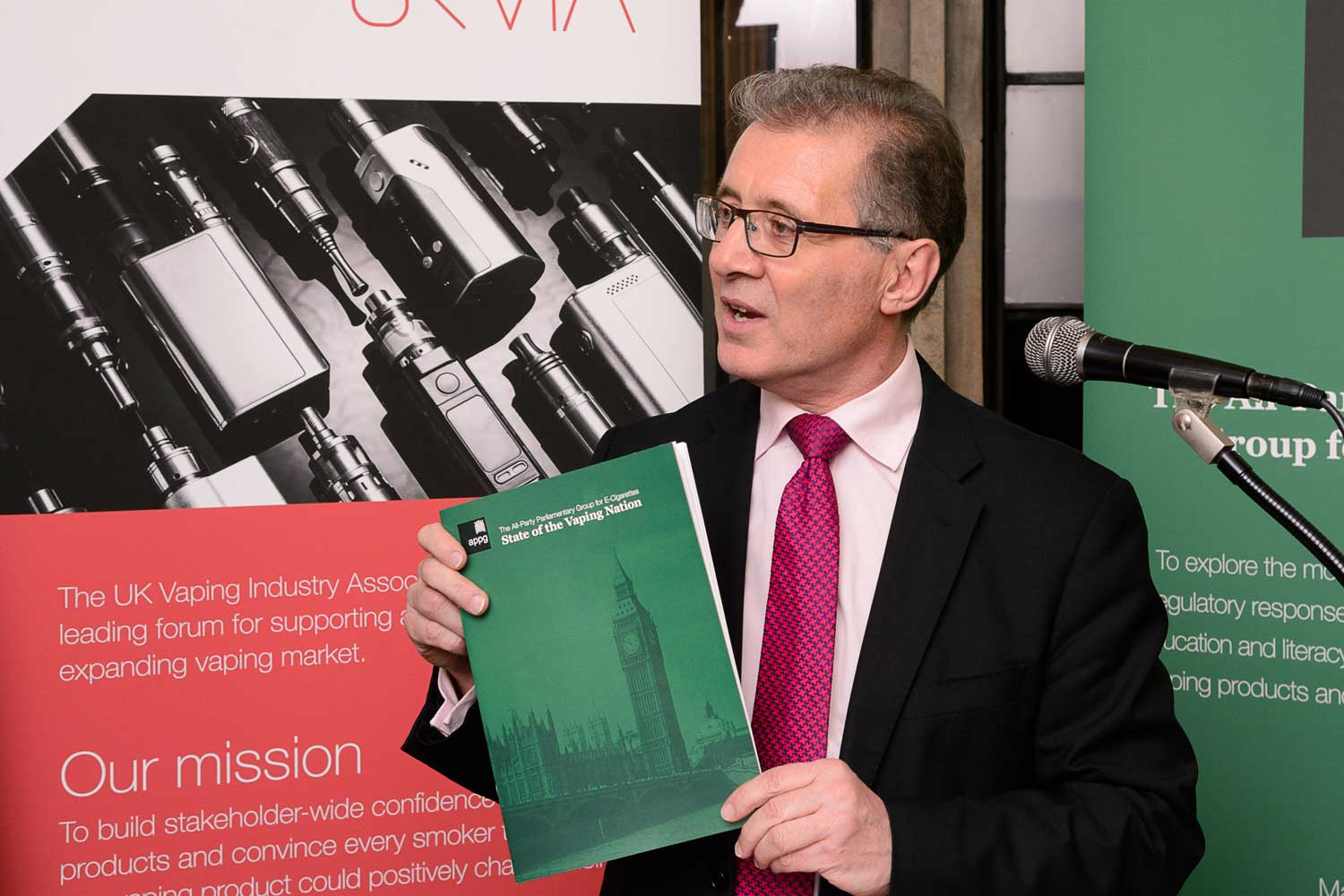





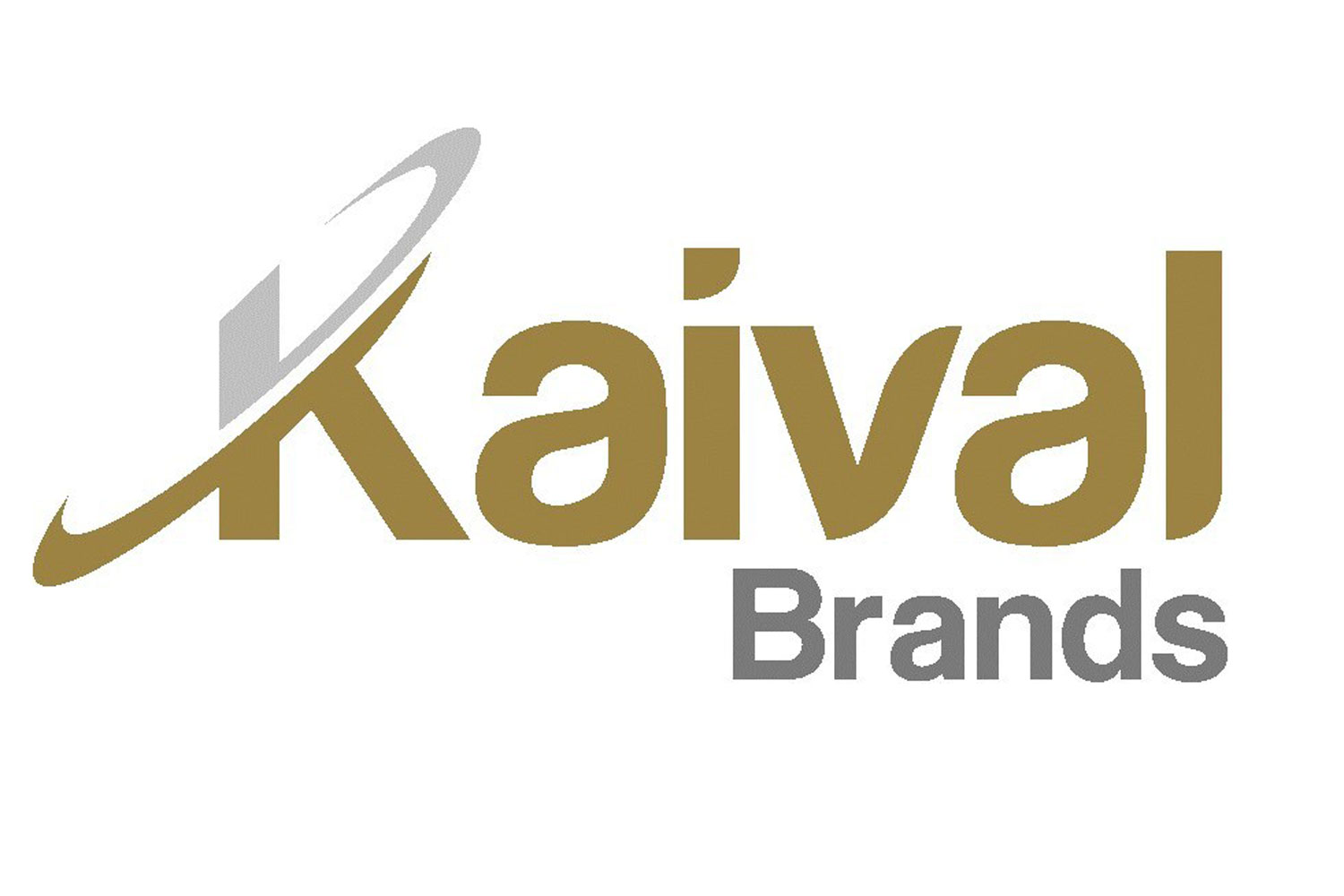


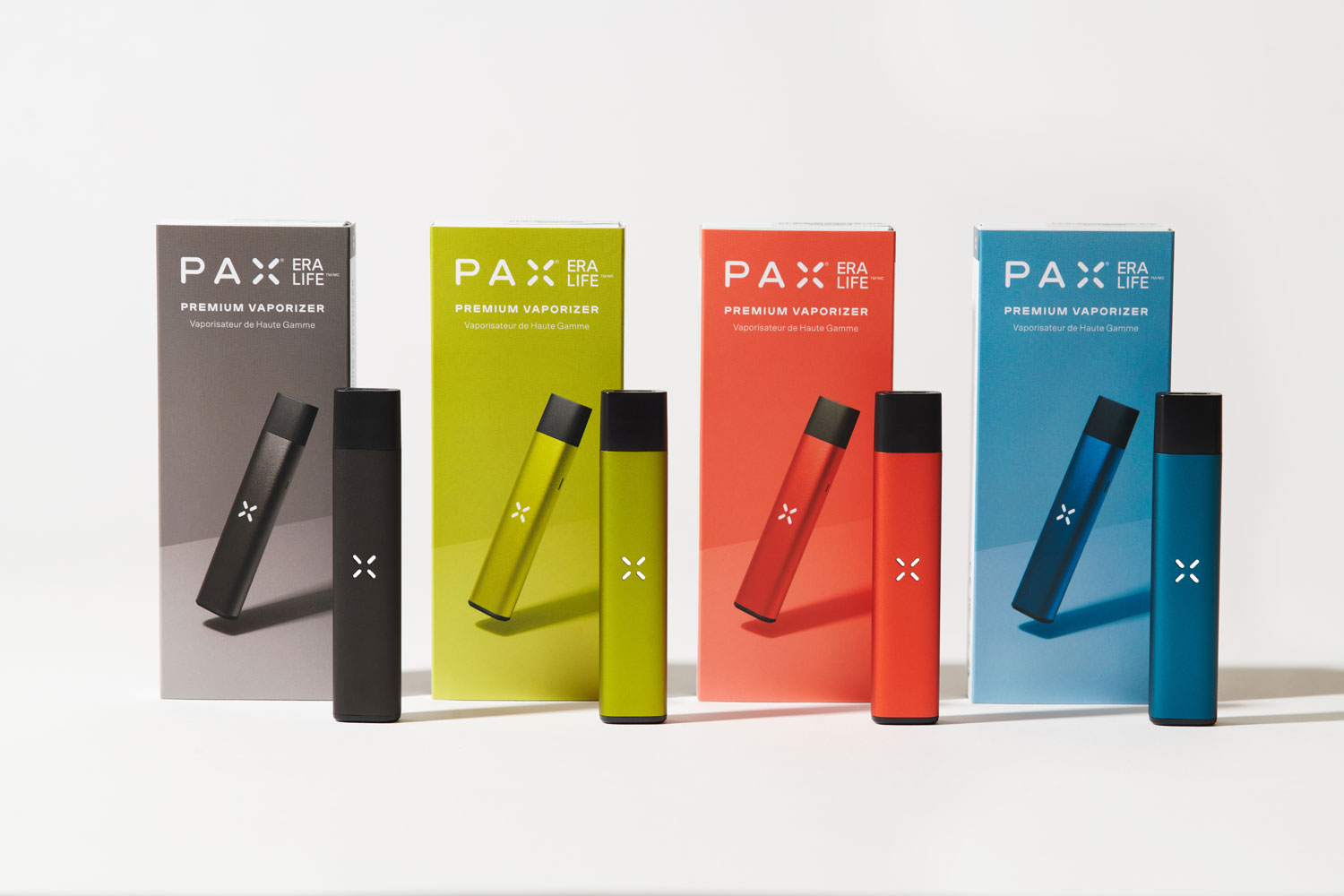

 The state of Kentucky’s General Assembly has voted to remove the state’s 15 percent wholesale tax on vaping hardware when sold separately from e-liquids. The e-liquid will continue to be taxed at 15 percent. That was the intent of the original tax bill, Republican Rep. Jason Petrie of Elkton, sponsor of House Bill 249, an omnibus revenue bill, said at a February committee meeting. He said legislators had been receiving lots of calls about it, and the bill more clearly defines how open “vaping” systems should be taxed.
The state of Kentucky’s General Assembly has voted to remove the state’s 15 percent wholesale tax on vaping hardware when sold separately from e-liquids. The e-liquid will continue to be taxed at 15 percent. That was the intent of the original tax bill, Republican Rep. Jason Petrie of Elkton, sponsor of House Bill 249, an omnibus revenue bill, said at a February committee meeting. He said legislators had been receiving lots of calls about it, and the bill more clearly defines how open “vaping” systems should be taxed.